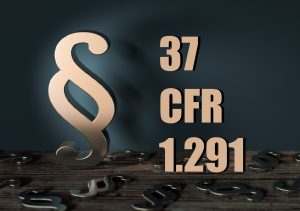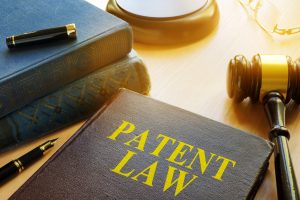Contributor: David W. Woodward

Any member of the public may file a protest under § 37 CFR 1.291 based on any facts or information which, in the protestor’s opinion, would be adverse to patentability. A protest must be submitted in writing, specifically identify the application, and contain a copy of every document relied on by the protestor. It must be served upon the applicant in accordance with § 1.248 or filed with the Office in duplicate in the event service is not possible. A Certificate of Service as provided in § 37 CFR 1.291(b) is required.
Prior art documents, such as patents and publications, are frequently submitted with protests, however other types of information may be relied upon, including:
(A) Information demonstrating that the invention was publicly “known or used by others in this country… before the invention thereof by the applicant for patent.”
(B) Information that the invention was “in public use or on sale in this country, more than 1 year prior to the date of the application for patent in the United States” (§ 35 U.S.C. 102(b)).
(C) Information that the applicant “has abandoned the invention” (§ 35 U.S.C. 102(c)) or “did not himself invent the subject matter sought to be patented” (§ 35 U.S.C. 102(f)).
(D) Information relating to inventorship under § 35 U.S.C. 102(g).
(E) Information relating to sufficiency of disclosure or failure to disclose best mode, under § 35 U.S.C. 112.
(F) Any other information demonstrating that the application lacks compliance with the statutory requirements for patentability.
(G) Information indicating “fraud” or “violation of the duty of disclosure” under § 37 CFR 1.56.

Once a protest has been received, the examiner will conduct a normal examination and the evidence submitted in a protest will be considered on the same basis as other ex parte evidence. With the exception of protests alleging fraud, the examiner will give careful consideration to the points and arguments made on behalf of the protestor and any Office action must specifically consider and make evident by detailed reasoning the examiner’s position as to the major arguments and points raised by the protestor.






